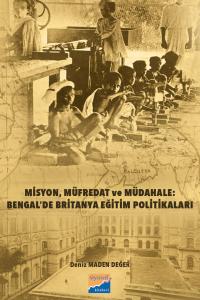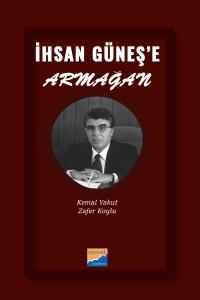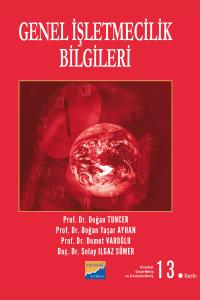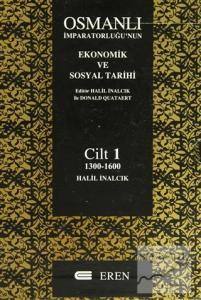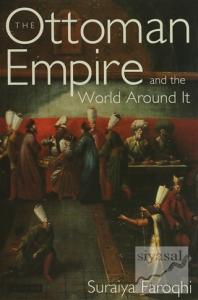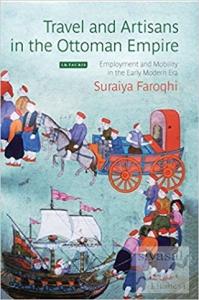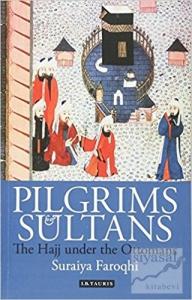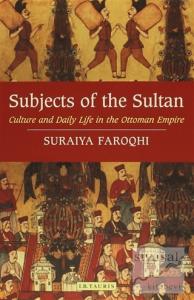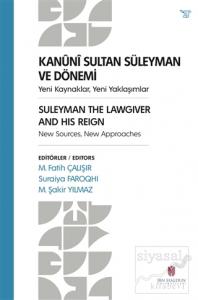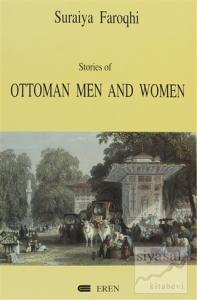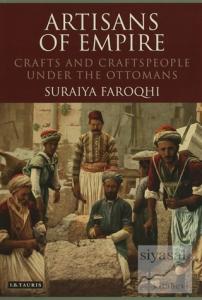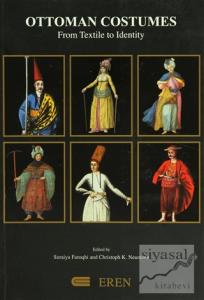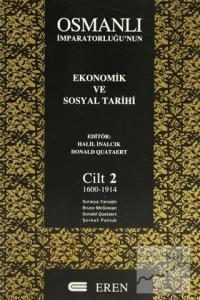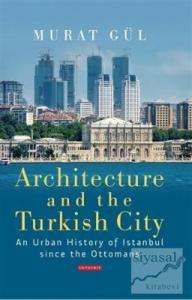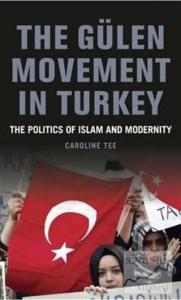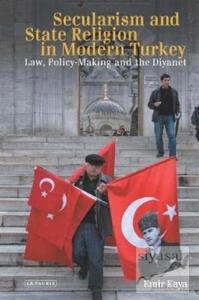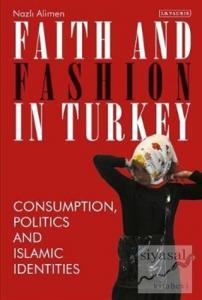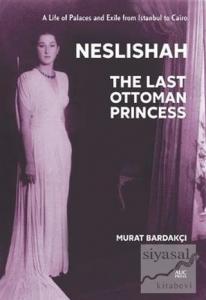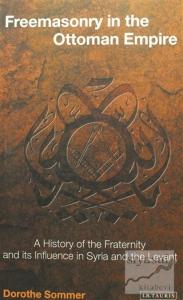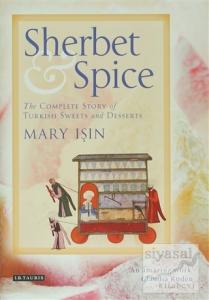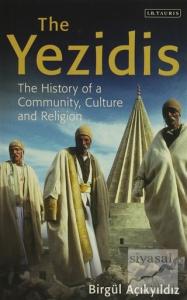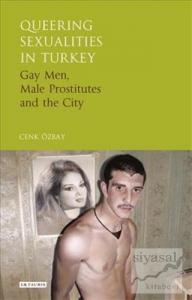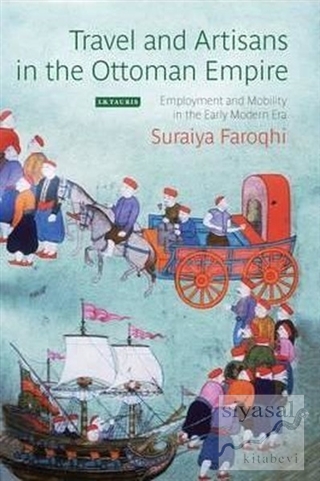
It has often been assumed that the subjects of the Ottoman sultans were unable to travel beyond their localities - since peasants needed the permission of their local administrators before they could legitimately leave their villages. According to this view, only soldiers and members of the governing elite would have been free to travel. However Suraiya Faroqhi's extensive archival research shows that this was not the case. Pious men from all walks of life went on pilgrimage to Mecca, slaves fled from their masters and craftspeople travelled in search of work. Faroqhi shows that even those craftsmen who did not travel extensively had some level of mobility and that the Ottoman sultans and viziers, who spent so much effort in attempting to control the movements of their subjects, could do so only within often very narrow limits. Challenging existing historiography and providing an important new perspective, this book will be essential reading for students and scholars of Ottoman history.
It has often been assumed that the subjects of the Ottoman sultans were unable to travel beyond their localities - since peasants needed the permission of their local administrators before they could legitimately leave their villages. According to this view, only soldiers and members of the governing elite would have been free to travel. However Suraiya Faroqhi's extensive archival research shows that this was not the case. Pious men from all walks of life went on pilgrimage to Mecca, slaves fled from their masters and craftspeople travelled in search of work. Faroqhi shows that even those craftsmen who did not travel extensively had some level of mobility and that the Ottoman sultans and viziers, who spent so much effort in attempting to control the movements of their subjects, could do so only within often very narrow limits. Challenging existing historiography and providing an important new perspective, this book will be essential reading for students and scholars of Ottoman history.

